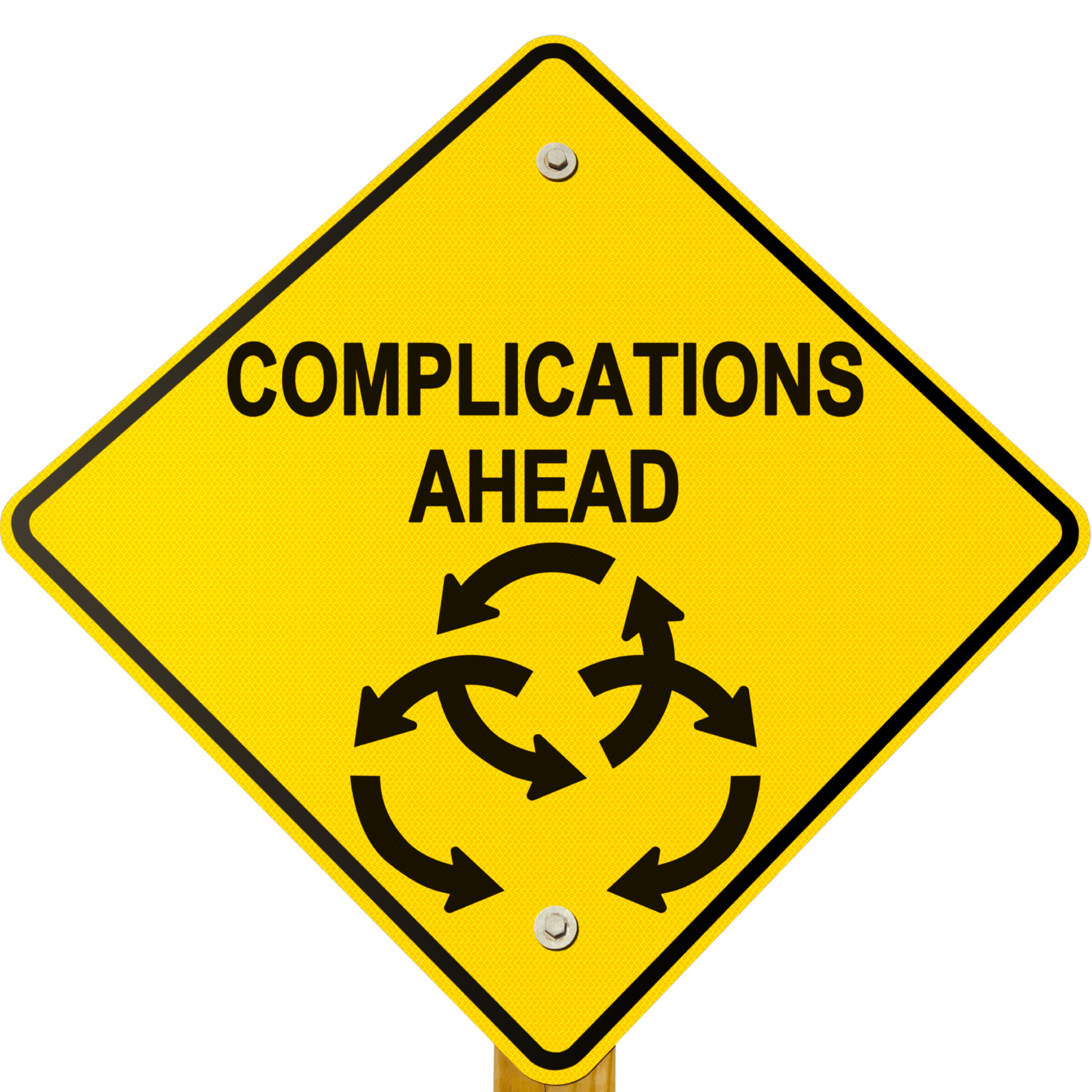Probate Process in Massachusetts
A step-by-step overview to help you understand what probate is, when it’s needed, and how it works for families in Massachusetts.
What is Probate?

Probate is the legal process of handling a person’s affairs after they pass away. When someone dies owning assets in their name alone, the Massachusetts Probate and Family Court oversees how those assets are collected, debts and taxes are paid, and the remaining property is distributed to heirs or beneficiaries.
The goal of probate is to provide a clear and orderly way to transfer ownership, while also protecting the rights of creditors, heirs, and anyone with a legal interest in the estate. Depending on the situation, the process may be fairly straightforward, or it may require more formal court involvement.
Not every estate requires probate. Common situations where probate may not be needed include:
Property held jointly with a spouse or co-owner, such as a house or joint bank account.
Accounts that name a beneficiary, like retirement funds or life insurance policies.
Property placed into a trust during someone’s lifetime.
Very old estates where enough time has passed for alternative title standards to apply.
You will likely need probate if...
In Massachusetts, probate is generally required when the deceased owned assets in their name alone without a beneficiary designation. The most common example is real estate owned solely by the deceased.
The deceased owned a home or other real estate in their sole name.
They held bank accounts, investments, or vehicles without joint owners or beneficiaries.
They were a tenant in common with other owners — meaning their share does not automatically transfer to the other co-owners.
Creditors need to be paid or claims resolved before property can pass to heirs.
Even if the estate is modest, probate may still be necessary to transfer title to a car, close accounts, or sell real estate.
Types of Probate in Massachusetts
There are three main probate procedures in Massachusetts. Which one applies depends on the circumstances of the estate:
Informal Probate
The most common and quickest type of probate. Handled by a court magistrate, it does not typically require hearings. It is appropriate when the will is straightforward, heirs are known and cooperative, and there are no disputes.
Formal Probate
A more complex process that requires oversight by a judge. Formal probate is needed if there are disputes about the will, questions about who the heirs are, complex assets, or situations where extra court authority is required.
Late & Limited Probate
If more than three years have passed since the person’s death, a Late & Limited probate is required. This process limits the Personal Representative’s authority and does not allow a License to Sell real estate unless for costs of administration.
Probate Timeline in Massachusetts
Every estate is unique, but most Massachusetts probates follow a similar timeline:

Immediately after death:
Collect important documents, such as the will and death certificate. File a petition with the Probate Court to appoint a Personal Representative (executor).

First 3 months:
Notify heirs and beneficiaries, publish legal notices in a newspaper, and begin compiling an inventory of the deceased’s assets.

First 6 months:
Gather information about debts, taxes, and claims. File required forms with the court and begin addressing creditor claims.

Within 1 year:
Most creditor claims must be resolved by this point. Estate tax returns (if applicable) must be filed. Some distributions may begin.

12–18 months (typical close):
File a final accounting with the court, distribute remaining assets to heirs or beneficiaries, and request to close the estate.
Get the Full Executors Guide
Want everything in one place? Download the Complete Executor’s Guide to Probate in Massachusetts.
Key Roles in Probate
Several important roles come into play during probate:
Personal Representative (Executor):
The person appointed by the court to manage the estate. They are responsible for gathering assets, paying debts and taxes, and distributing property..
Heirs and Beneficiaries:
The individuals entitled to inherit property under a will or state law. They must be notified and may have rights to challenge proceedings.
The Probate Court:
Oversees the process, grants authority to the Personal Representative, and resolves disputes when necessary.
Attorneys, Realtors, and Advisors:
While not always required, many families rely on professionals to guide them through legal filings, property sales, and financial matters.
Common Challenges Families Face

Delays and Paperwork Issues
Probate often slows down when required documents are missing or incomplete. Death certificates, wills, or account statements can take time to gather, and even small mistakes on forms may cause the court to reject filings. Staying organized from the start is critical.

Conflicts Between Heirs
It’s not unusual for disagreements to arise among family members during probate. Questions about who inherits what, how property should be divided, or whether the Personal Representative is acting fairly can lead to tension. Probate provides a legal structure for resolving these disputes, but they can add time and stress.

Real Estate Complications
Selling a home through probate is often one of the most challenging parts of the process. Executors may not have the automatic authority to sell and instead must obtain a court-issued License to Sell or rely on a power of sale granted in the will. When a property is co-owned by multiple heirs, disagreements can arise

Debt and Creditor Claims
Probate requires paying valid debts before distributing property to heirs. Sometimes unexpected bills or claims arise months after the process begins. Executors must carefully review and address each claim to avoid personal liability, which can feel overwhelming without guidance.

Taxes and Estate Liens
In Massachusetts, an automatic estate tax lien attaches to real estate for ten years after death. Even if no taxes are due, the lien must be cleared with the Department of Revenue. Executors who aren’t familiar with these rules can be surprised by the extra steps needed before selling or transferring property.

Emotional Stress
Probate happens at a time when families are already grieving. Balancing legal deadlines, financial responsibilities, and family dynamics can feel like too much to handle. Many executors describe probate as “a second full-time job” during an already difficult season.
Talk to a Massachusetts Probate Professional
With years of experience guiding families through probate and estate property sales, we’re here to answer your questions and provide reliable next steps.
